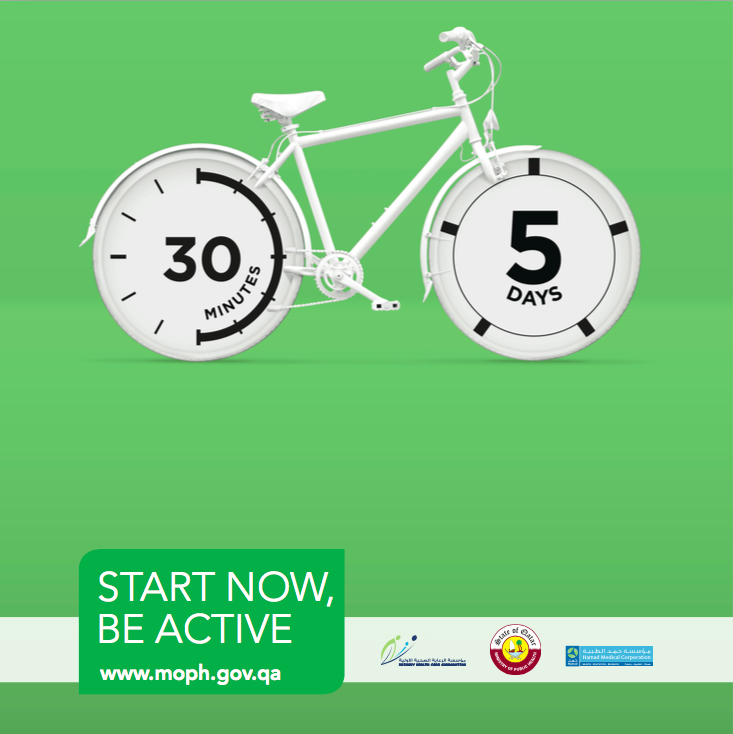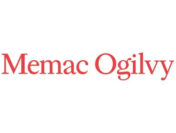 For centuries, marketing and advertising have been used as means to shape people’s perception and influence their behavior. From powering political campaigns and fueling public debate to introducing new inventions and promoting landmark events, marketing and advertising continue to demonstrate their sheer power to define our understanding of the world today and how we use it to mold our reality tomorrow.
For centuries, marketing and advertising have been used as means to shape people’s perception and influence their behavior. From powering political campaigns and fueling public debate to introducing new inventions and promoting landmark events, marketing and advertising continue to demonstrate their sheer power to define our understanding of the world today and how we use it to mold our reality tomorrow.
But as the old adage goes; ‘With great power comes great responsibility’.
What that means is that although advertising can be – and has been – used to promote unhealthy habits such as smoking and fast food consumption, and set up consumers’ expectation for ‘instant gratification’, it can also – and should – be used to restore that damage.
If that is the case however, why aren’t we seeing enough people adopting healthy lifestyles today, and more importantly, why do very few health-promoting campaigns stick to our minds, let alone achieve their desired results?
Those were the exact same questions we faced at Grey Doha, when we took on our recent campaign with the Ministry of Public Health (MOPH) in Qatar.
So instead of going straight to the drawing board and devising a campaign that, in essence, asks the public to become healthier, we went on a quest to find the culprits. Many research rounds and focus groups later, we unearthed five seemingly obvious, yet profound findings. And now we really know that most health-promoting campaigns fail, because they:
#1. Are short-run, one-time efforts that don’t create the momentum needed to induce long-term behavioral change. This is especially important, considering that adopting a healthy lifestyle is both a long-term goal and an ongoing process. Usually point out the obvious ‘negatives’, and rely on ‘fear of loss’ alone, in an attempt to ‘alarm’ people into action. Does the rotten lungs image on cigarettes pack stop the smoker from buying them?
#2. Seldom include a mechanism for achieving the desired change in behavior. With people leading extremely busy and dealing with constant distractions, this should be an essential part of any health-oriented advertising campaign’s planning process.
#3. Miss the fact that habits cannot be erased, only replaced. It is not an innocent coincidence that after quitting smoking, many people gain weight, partly because they tend to replace smoking addiction with food and sugar addiction.
#4. Do not consider people’s expectation for instant gratification. In other words, the beneficial effects of the recommended behavior change are not immediately apparent to the consumer.
Armed with this new-found knowledge, we understood that for our campaign to be effective and truly help people adopt a healthy lifestyle, it must inspire people to change their behavior by showing them a healthier, happier ‘future-version’ of themselves, instead of emphasizing their unhealthy ‘current reality’.
The campaign also needs to present the audience with a simple set of actionable insights and doable steps that lead them toward the goal of becoming healthy. More importantly, it cannot ask people to quit their bad habits without giving them an alternative; new positive habits to ‘replace’ the existing ones.
Moreover, we realized that we have to give the audience ‘small victories’ and short-term benefits that would give them some kind of ‘instant gratification’ and motivate them to take the first step, or few steps, towards the desired long-term objectives. So even though they might not be able to lose 30 kgs or run a marathon a week from now, they can definitely have more energy and experience less fatigue in their daily lives during that short period of time.
Finally, we wanted to be there to guide them as they progress along their journey, by creating a long-term, ongoing advertising and marketing campaign that gives them the momentum to maintain their new habits and continue to enjoy its compounded benefits.
So we took our learnings to the drawing board, along with our creative resources and years-long expertise in advertising, and came up with what later became a potential award-winning campaign.
 In the MOPH’s ‘NOW’ campaign, our broad message was telling the audience that it is NOW the time to take action towards a healthier lifestyle.
In the MOPH’s ‘NOW’ campaign, our broad message was telling the audience that it is NOW the time to take action towards a healthier lifestyle.
The launch of the campaign, calling for a positive change in the daily lives of community members, came in conjunction with the celebration of the National Sport Day in the State, which helped give the campaign the initial momentum it needs to spark action.
The campaign is centered on an ongoing series of tips and advice that give the audience an alternative view on their daily routine, such as:
# Park the car away from your destination.
# Use the stairs regularly instead of the elevator.
# Play with your children to gain energy and vitality.
# Go on family picnics or trips with friends on foot.
# Allocate five days a week for exercising at least 30 minutes per day with a partner.
# Go to the supermarket with a shopping list in hand to avoid buying more than what you need.
The key was to introduce simple yet effective healthy everyday habits in a fun way that don’t require a lot of planning, drastic changes to their routine, additional equipment or special venues. We also made sure that the routines suggested can help them slowly, but surely, replace their current bad habits with better ones, and make them ‘feel’ healthier and happier in a short period of time, which motivates them to continue adopting them in the long run.
In other words, the campaign’s tips were simple, actionable, bring noticeable short-term results, and encourage the audience to continue adopting them for a healthier lifestyle in the long term.
All the advertising, networking and communication media were fully harnessed, in addition to the distribution of leaflets, brochures, and the organization of social and educational events, to promote the campaign.
The end result was not only an increased awareness of the importance of adopting a healthier lifestyle, but presenting the public with everything they need to jumpstart their path towards one, and the ongoing motivation they need to turn them into long-term habits.




